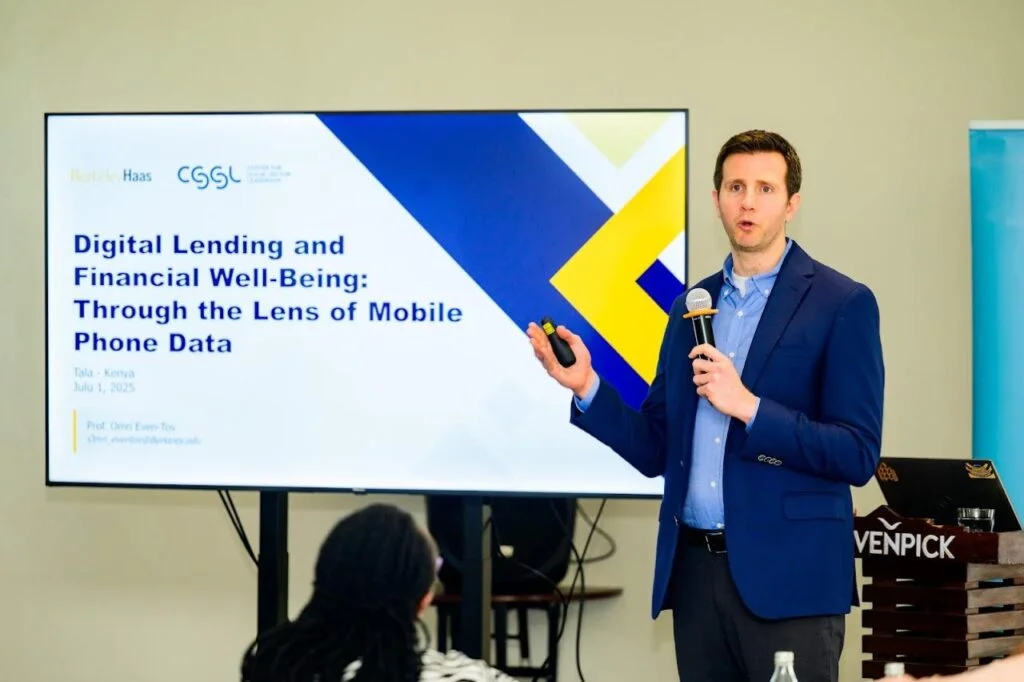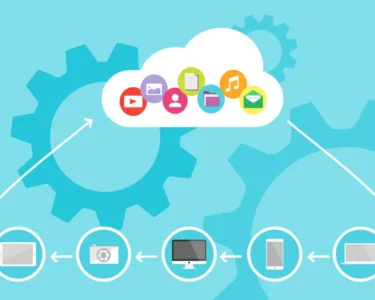By Business Express Reporter
Access to digital credit is proving to be more than just a lifeline — it can be a catalyst for financial growth and social mobility. According to a new research paper titled “Digital Lending and Financial Well-being: Through the Lens of Mobile Phone Data,” borrowers who were randomly approved for digital loans reported significantly better financial outcomes compared to those who were denied.
The study, co-authored by Jung Koo Kang (Harvard Business School), AJ Chen (University of British Columbia), Omri Even-Tov (University of California, Berkeley), and Regina Wittenberg-Moerman (Northwestern University), drew on anonymized datasets from digital lender Tala. Researchers used mobile phone–based indicators such as monetary transactions, balances, mobility, and self-reported employment data to evaluate the broader impact of credit access on financial well-being.
Analyzing a sample of 20,092 applicants, the study uncovered striking differences. Borrowers who received digital loans not only maintained larger mobile money balances but also reported higher incomes and improved employment prospects. Those who invested their loans in business ventures were especially impacted, with a 24 percent higher likelihood of being employed or self-employed compared to rejected applicants.
The findings went beyond employment and income. Loan recipients traveled to nearly 10 percent more cities, an indicator of increased economic activity, and sent 27 percent more text messages, suggesting that access to credit strengthened their social ties and networks. On average, they self-reported 21 percent higher monthly incomes and spent 15 percent more per transaction, reflecting enhanced financial confidence and activity.
“Conventional wisdom would suggest that these borrowers would be more likely to misuse credit,” noted Harvard Business School Assistant Professor Jung Koo Kang, one of the study’s authors. “But instead, we found that they experienced significant improvements in financial well-being. This points to the possibility that traditional creditworthiness thresholds may be overly restrictive in emerging markets.”
The implications stretch beyond Africa’s fast-growing digital finance sector. The report suggests that alternative credit models — particularly those leveraging mobile data — could play a transformative role in expanding financial inclusion, not just in emerging markets but also in advanced economies such as the United States.
If adopted responsibly, such models could broaden access to affordable credit for underserved populations worldwide, unlocking new opportunities for income generation, entrepreneurship, and social mobility.






